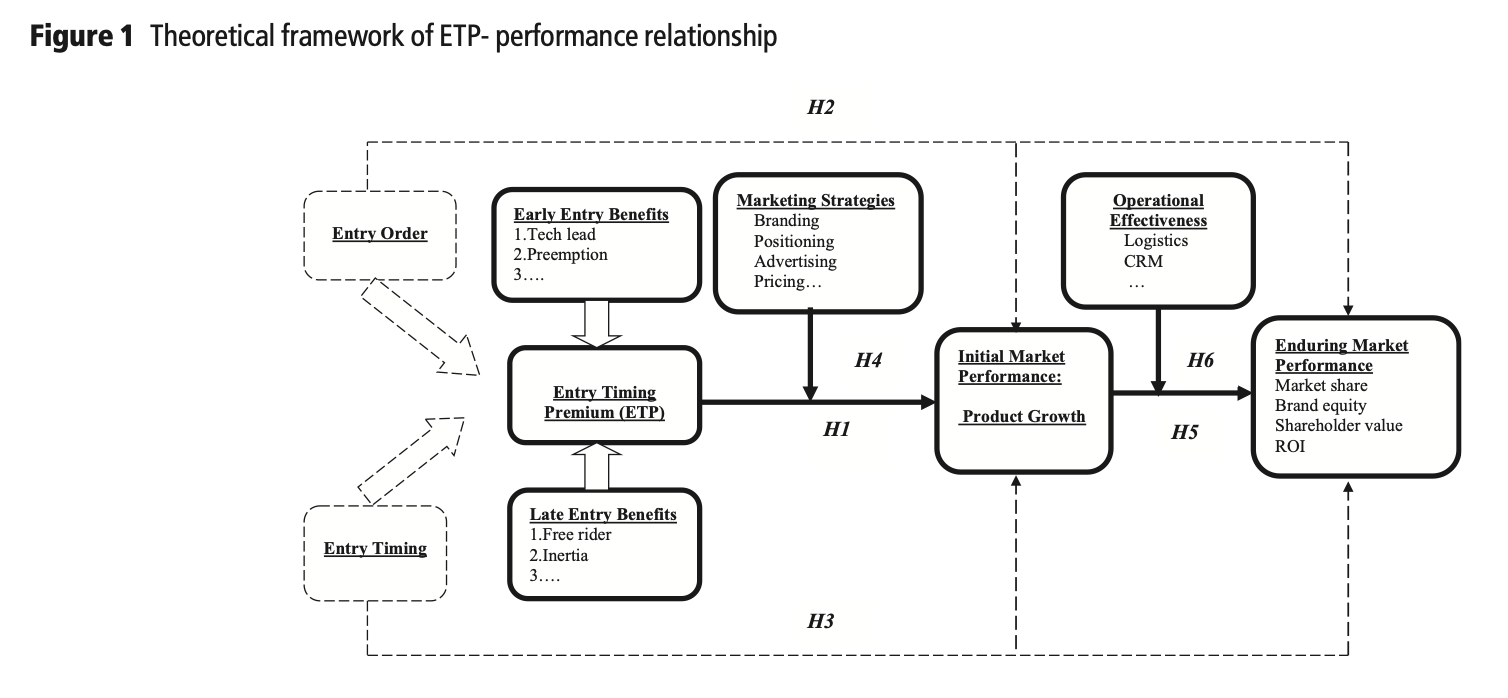👋 Hi, I’m Andre and welcome to my newsletter Data-Driven VC which is all about becoming a better investor with Data & AI. Join 30,598 thought leaders from VCs like a16z, Accel, Index, Sequoia, and more to understand how startup investing becomes more data-driven, why it matters, and what it means for you.
Brought to you by Harmonic - Your Startup Discovery Engine

Did a former portfolio employee just start something new? With the new alert flow in Harmonic, you’ll never miss an opportunity to engage at the right time.
Join the likes of NEA, Bessemer, and Redpoint, and monitor your searches automatically for perfect thesis-fit startups or the most exciting founders straight from your inbox or Slack!
Welcome, Startup Mythbusters
Merry Christmas and welcome to a special episode of DDVC INSIGHTS: Startup Mythbusters. Just as some adults cling to the magic of Santa Claus, several persistent myths continue to captivate the imaginations of founders and investors alike.
In today's episode, we're debunking five of the most widespread startup myths that surprisingly many in the industry still believe:
First Movers Win
Fail Fast and Often
Founders Need to be Hustlers
Startups Need to Address Huge Markets
Growth Is Expensive But Required to Dominate
While some of these myths have a grain of truth, all of them offer advice to founders that may not be as grounded in reality as we think.
Here’s what the data & research tells us👇
#1 First Movers Win
The idea that first-mover advantage is always critical is an oversimplification. While being first to market can offer benefits like brand recognition, a distribution advantage and customer loyalty, its significance depends heavily on context.
First movers often face high risks and uncertainties, which later entrants can avoid by learning from their predecessors. Zhao et al. (2012) highlight that these risks can outweigh the advantages in many cases. I
n rapidly evolving industries, late entrants often outperform early movers by adopting newer technologies and more refined strategies. Koch (2014) argues that the ability to leverage advancements can provide a significant edge over being first. Similarly, Carow et al. (2004) found that initial gains by first movers are frequently overtaken by later entrants with better resources or execution capabilities.

A framework developed by Xie et al (2020) to determine a startup’s market performance depending on entry order and entry timing.
Timing, rather than order, is often the key determinant of success. Xie et al. (2020) introduce the concept of a “timed mover advantage,” where entering the market at the right moment, with the right product, can trump being first. This is evident in cases like Google, which was not the first search engine, or Facebook, which was not the first social network, yet both dominate their markets through superior products and scalability.
✈️ KEY INSIGHTS
For startups, the priority should be aligning market entry with their strategy rather than rushing to be first. Continuous innovation, adaptability, and execution often have a greater impact on long-term success than simply being the earliest entrant.
Subscribe to DDVC to read the rest.
Join the Data Driven VC community to get access to this post and other subscriber-only content.
Join the Community
